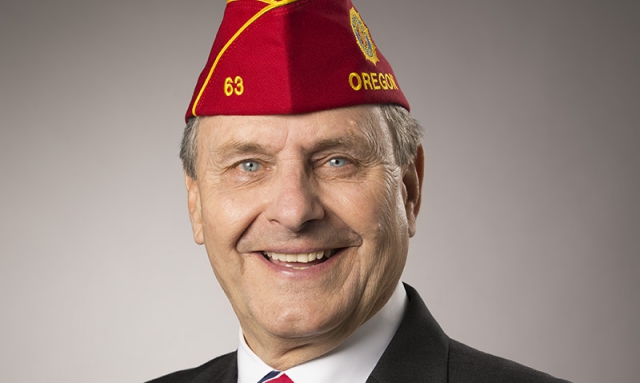
Under the little-known provision of the 2012 National Defense Authorization Act, reservists and Guard members can be involuntarily activated without receiving service credit toward benefits such as the Post-9/11 GI Bill, health insurance or early retirement.
Want to fight a war on the cheap? Well, if you’re a Pentagon bean-counter, one way to save money is to deploy National Guard and reserve forces under Title 10, Section 12304b.
Under this little-known provision of the 2012 National Defense Authorization Act, reservists and Guard members can be involuntarily activated without receiving service credit toward benefits such as the Post-9/11 GI Bill, health insurance or early retirement.
Even more alarming is that the military has other authorization mechanisms that can be used to deploy these men and women. But they can choose to not use them. The main purpose of this insidious code appears to be budget savings.
Take the deployment of a task force of 294 Marines to Honduras last year, for example. Approximately 200 were reservists, according to Marine Forces South. While the active-duty Marines were able to accumulate full benefits, the reservists were not. Adding insult to injury, many of the reservists who deployed thought they were volunteering but learned later that their orders were classified “involuntary.”
During the last Congress, Sen. Al Franken, D-Minn., introduced legislation to correct this injustice. It never made it out of committee. The American Legion hopes to see better results in the 115th Congress.
As bad as 12304b is, the misuse of 12301(h) medical orders is even worse. In 2010, Capt. Bryan Lowman of the North Carolina National Guard deployed to Afghanistan, where he contracted typhoid and went into a coma. After multiple surgeries overseas, he was notified while recovering at Walter Reed that his orders had been changed to reflect his medical status. Based on the active-duty time listed on his DD 214, Lowman should be entitled to 90 percent of his GI Bill benefits. Instead, VA downgraded his rating to 40 percent, and he was forced to take out student loans to attend Clemson University.
Sadly, Lowman’s story is not unique. More than 20,000 reserve and Guard members have been placed on 12301(h) orders since 2007. Some of these veterans were wounded or injured in combat.
Since our organization’s founding in 1919, The American Legion has been a champion for veterans’ health care and other benefits. We wrote the original GI Bill and backed passage of the Post-9/11 version. As I say so often, the Legion’s influence depends on a robust membership. To do our part in correcting the unfair treatment of our nation’s heroes, we need numbers so that Congress will continue to hear our voice and act.
We exist to advocate for people like Sgt. Mark Wong, a Marine Corps reservist in Cleveland. “Once I heard about the (GI Bill) exemption, it blew my mind,” Wong told Stars & Stripes. “We work the same hours as active-duty people doing the same job. The government is saying our sacrifice isn’t worth as much as it is for those on active duty. But we leave behind families and our civilian careers too.”
Sgt. Wong, the Legion believes your sacrifices are worth every bit as much as those made by your active-duty comrades. This inequity needs quick correction by Congress.
- Magazine

